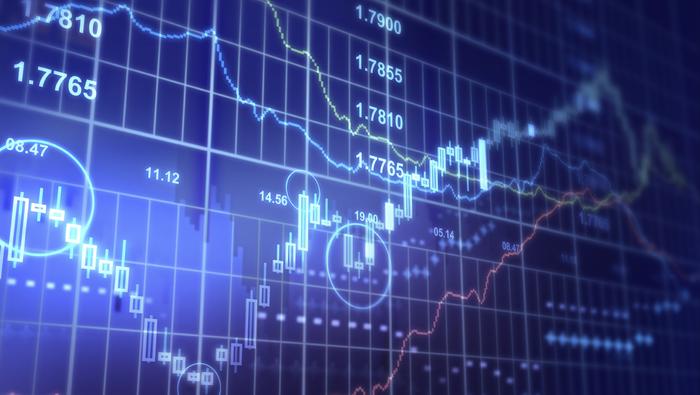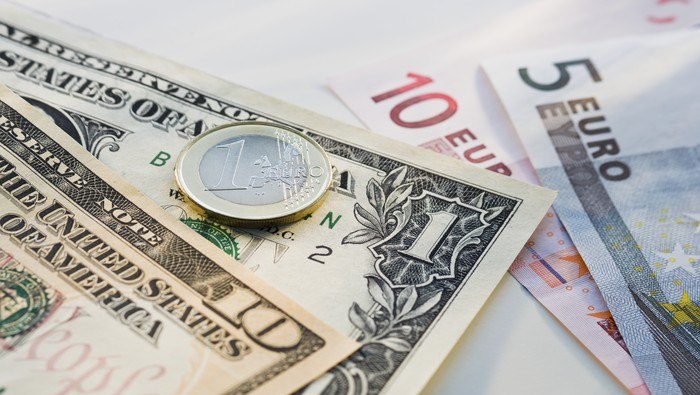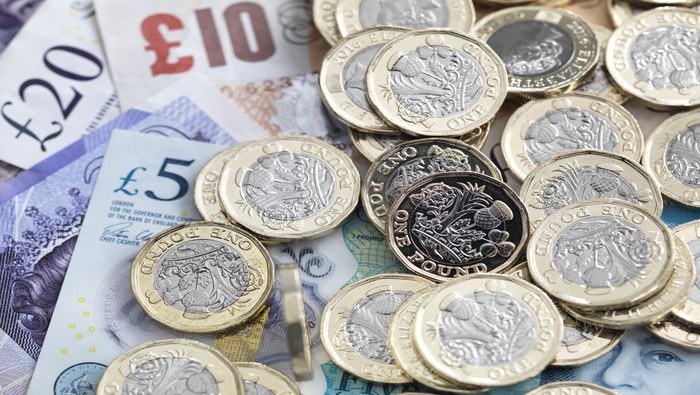Australian Dollar, Crude Oil Prices, OPEC, US-China Trade Deal, Coronavirus – TALKING POINTS
- Australian Dollar eyes renewed US-China trade tensions as coronavirus strains relations
- Crude oil prices may retreat if OPEC+ meeting highlights internal political fragmentation
- Euro eyes key meeting with EU leaders on EUR500b aid package with cautious optimism
Crude Oil Prices Eye OPEC+ Meeting
On July 14, members of OPEC+’s production oversight group known as the Ministerial Monitoring Committee, will be holding a conference call. The meeting will revolve around discussing and assessing each cartel members’ adherence to the recently agreed-upon supply cuts. Political friction there could unnerve traders and pressure crude oil prices.
The following day, OPEC+ will be convening to discuss whether or not to extend record-production cuts into August at 9.6 million barrels per day or the original plan of 7.7 million bpd. In either case, a lack of coordination and signs of internal discontent – like what had occurred at the OPEC meeting March – could catalyze higher-than-usual price swings in Brent.
Countries like Iraq, Nigeria and Angola, who failed to meet supply cut quotas in May, are causing a stir an internal political deliberations among other members who are demanding a stricter enforcement mechanism. As a way to compensate overproduction, Angola has offered to cut production even deeper in the fall, but sources indicate that this has failed to placate the angst of its peers.
Euro Eyes EU Leaders Summit
Between July 17-18, leaders of the 27 EU member states will convene to discuss a EUR750b aid package to help restore economic activity in the virus-hit bloc. The funds would be allocated to the countries and sectors hit hardest by the Covid-19 pandemic and would come in the form of grants – EUR500b – and loans – EUR250b.
However, this major policy initiative has also widened the rift between the traditionally more fiscally-conservative North and their Southern counterparts. Members of the former want to reduce the amount of aid distributed through grants, while the latter prefers less of it in the forms of loans. Mediterranean states like Italy still have a bitter taste in their mouths from the Greek debt crisis and the austerity measures that followed.
Failure to reach consensus could see sovereign bond yields on comparatively riskier debt – like Portugal, Italy, Greece and Spain – rise at the expense of the Euro and regional equity indices. At a time of great division, the politically-sensitive Euro needs now more than ever signs of unity, stability and coordination. Doubt there could cause it to plunge against the anti-risk Japanese Yen, Swiss Franc and haven-linked US Dollar.



Earnings Week
This week, a cascade of earnings data will be sweeping across markets, potentially creating an environment of high volatility. Some note-worthy firms that will be releasing quarterly earnings data this week include Blackrock, Goldman Sachs and Wells Fargo. Large-cap technology stocks in particular have prospered amid the pandemic, though the party may have left smaller-cap peers out in the cold.
Since the selloff in March, North American global equity markets have experienced a double-digit bounce and has resulted in elevated stock prices. Earnings data may therefore be a rude awakening if the reports give investors a feeling that asset valuations are overinflated. A risk-off tilt may then ensue if traders liquidate their positions across the world and subsequently push cycle-sensitive assets like AUD and crude oil lower.
What assets might perform well in this environment?
Renewed US-China Trade Tensions Haunt AUD
Last Friday, US President Donald Trump said that the completion and enforcement of “Phase 2” of a US-China trade deal will not likely occur soon. He said that the coronavirus “severely damaged” Washington’s relationship with the Asian giant, and that consequently, it is not being made a top policy priority. The China-sensitive Australian and New Zealand Dollars suffered after he made those comments.
This topic may become a bigger headline if the 2020 Presidential election polls show Mr. Trump in the lead. Markets may then have to brace for another four more years of trade tension that spoiled global growth prospects. It also led to the outbreak of unilateralism across the world and created even more policy uncertainty for market participants who were accustomed to operating on a foundation of interconnection and cooperation.
--- Written by Dimitri Zabelin, Currency Analyst for DailyFX.com
To contact Dimitri, use the comments section below or @ZabelinDimitri Twitter







